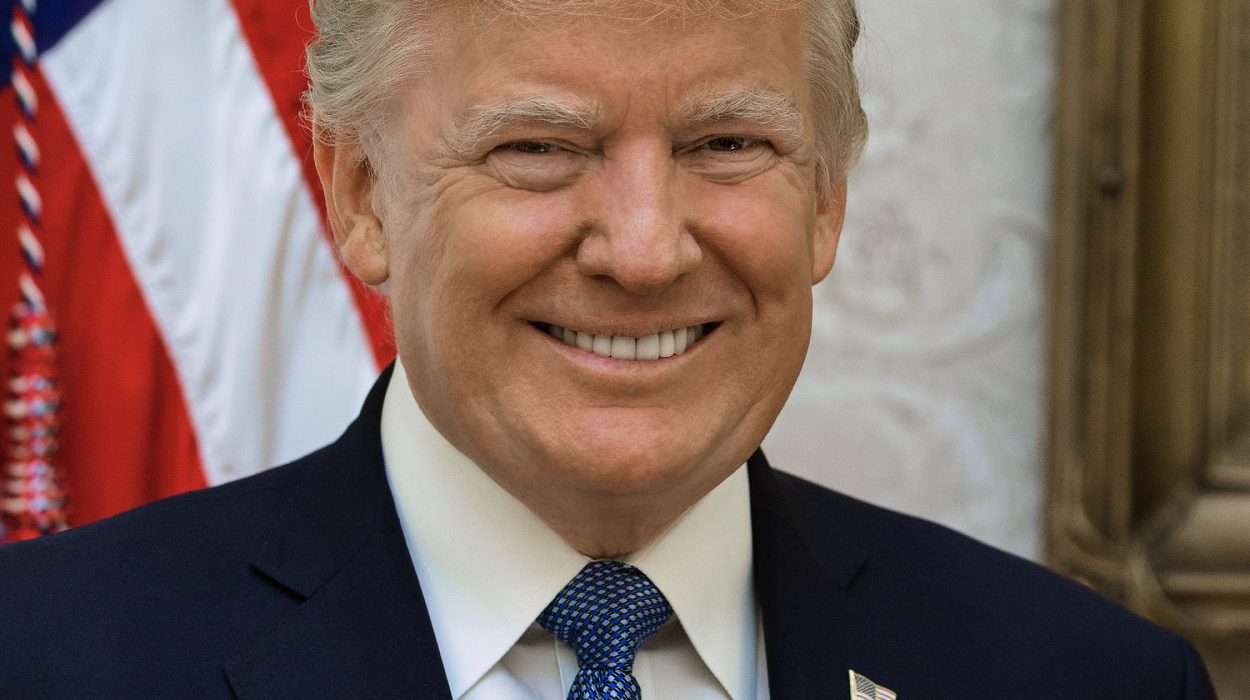Former U.S. President Donald Trump has announced that he is redesignating Nigeria as a “Country of Particular Concern” (CPC) under the International Religious Freedom Act (IRFA) due to what he described as ongoing persecution of Christians. In a social media post on October 31, Trump stated that Christianity is “facing an existential threat in Nigeria,” alleging that thousands of Christians have been killed by radical Islamist groups. “I am hereby making Nigeria a ‘Country of Particular Concern’,” he declared, adding that the United States must not stand by “while such atrocities are happening in Nigeria and other countries.”
Under the IRFA, a CPC designation is reserved for countries that engage in or tolerate “particularly severe violations of religious freedom,” including torture, prolonged detention without charges, and forced disappearances. The last such designations were made by U.S. Secretary of State Antony Blinken in December 2023, when Nigeria was removed from the list—a reversal of its 2020 inclusion by then-Secretary of State Mike Pompeo. Trump’s announcement marks a renewed focus on Nigeria’s religious-freedom record.
Trump’s statement follows an October 15 letter from Christian leaders urging him to intervene, claiming that more than 52,000 Christians have been killed and over 20,000 churches destroyed in Nigeria since 2009. The letter also alleged that in 2025 alone, thousands of Christians had been murdered or raped, and more than 100 pastors and Catholic priests kidnapped for ransom. Trump said these statistics represent only part of the crisis, insisting that “when Christians, or any such group, is slaughtered like is happening in Nigeria, something must be done.” He has tasked Rep. Riley Moore of West Virginia and Appropriations Chair Tom Cole of Oklahoma with investigating the situation and reporting back to him.
The Nigerian government has strongly rejected the CPC designation, arguing that it misrepresents the country’s security situation. President Bola Ahmed Tinubu emphasized that Nigeria remains a secular and religiously tolerant nation, and that violence in the country is driven by complex social, economic, and regional factors rather than purely religious motives. Officials have also pointed out that many victims of violence are Muslims, underscoring the multifaceted nature of Nigeria’s insecurity.
Analysts warn that Trump’s decision could strain U.S.–Nigeria relations, potentially affecting military, security, and development cooperation. The designation could also pave the way for targeted sanctions or restrictions on U.S. aid, though such measures are not automatic under IRFA. While Christian advocacy groups in the United States have welcomed Trump’s action, critics caution that framing Nigeria’s conflict solely as a religious one oversimplifies the broader issues of terrorism, poverty, and governance challenges driving the violence.
Trump’s announcement has reignited debate over how best to address religious-freedom concerns within Nigeria. Some see the move as an overdue step toward accountability, while others view it as a politically charged oversimplification that risks inflaming tensions. As both Washington and Abuja navigate the implications, the spotlight on Nigeria’s religious and security crisis is once again global.

